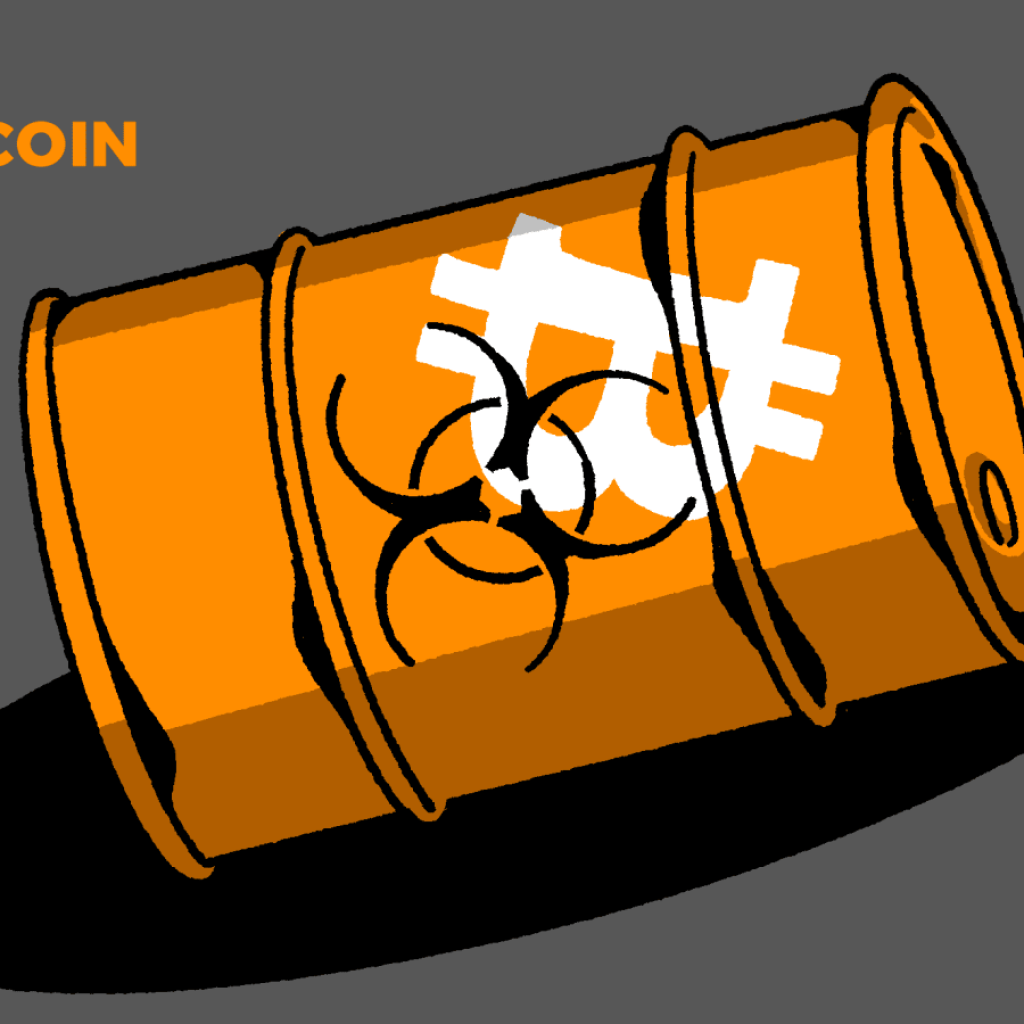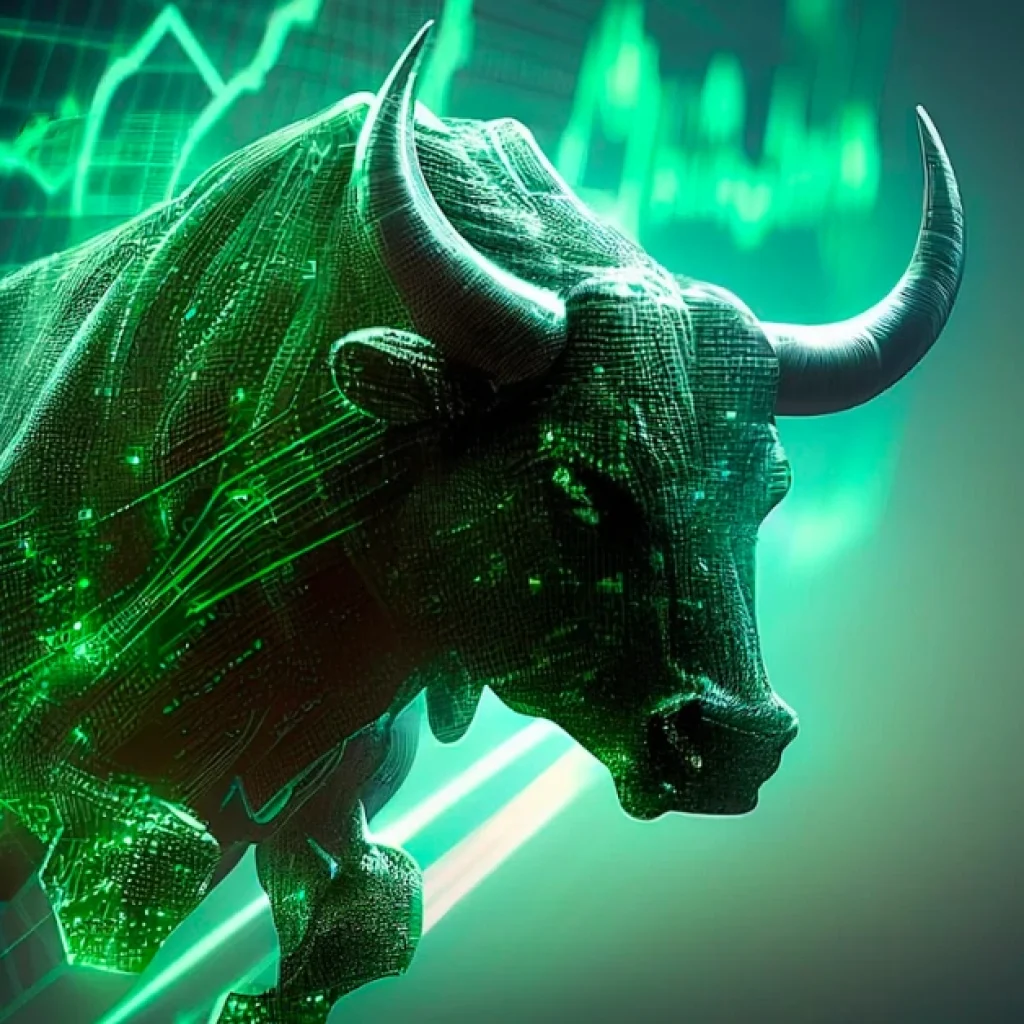El Salvador has experienced a notable shift in its financial landscape, with Bitcoin – the country’s recently adopted legal tender – momentarily playing second fiddle to a meteoric rise in the value of its bonds.
Investors have enjoyed an impressive 60% return this year, prompting many to speculate whether this impressive rally has reached its climax, or if there are still further gains to be realized.
Reversal of fortune for Bitcoin
Only a year ago, bonds issued by this Central American nation plummeted to a quarter of their face value amid the fallout from Bitcoin’s legalization.
The volatile macroeconomic backdrop, frictions between Washington and President Nayib Bukele’s administration, and the dwindling likelihood of an International Monetary Fund (IMF) financing agreement cast a bleak shadow over the country’s fiscal outlook.
However, fast forward twelve months, and El Salvador’s financial picture has drastically transformed. A pair of unexpected debt buybacks have significantly reduced the country’s payment schedule until 2027.
Furthermore, the finance ministry’s decision to bring on a former IMF official as an advisor has elicited positive responses from the market, leading to a bond due in 2025 trading at 89 cents, a marked increase from its 27-cent value last year.
Investors view El Salvador’s bonds as an enticing opportunity compared to some overpriced emerging market sovereigns.
The appointment of former IMF official Alejandro Werner revived the possibility of an eventual agreement with the IMF and the potential for more structured policy-making.
El Salvador’s President Bukele continues to hold a high approval rate and has expertly maneuvered his administration to ensure the country retains access to markets, particularly vital for its dollarized economy.
Fiscal performance and outlook
El Salvador’s debt-to-output ratio, standing at 77% as of December, is the lowest it’s been since 2019, with predictions suggesting a further decline of one percentage point this year. Total public debt also reduced to $19.7 billion in May from $25.4 billion at 2022’s end.
The country’s dollar bonds yield between 14% and 18% and were the sovereign bond market’s top performers in the first half of the year, with total returns nearing 60%.
Despite the stellar performance of Salvadoran bonds, there are concerns. Upcoming presidential elections in February, and President Bukele’s controversial bid for reelection, have given rise to apprehensions about fiscal responsibility.
Observers argue that an early post-election policy adjustment is necessary to placate the market.
Bottomline is while Bitcoin continues to be a key player in El Salvador’s economic narrative, the resounding performance of its bonds has proven to be an intriguing subplot.
With a successful financial turnaround under its belt, the country’s fiscal journey continues to capture the attention of the global financial community. Whether the positive trajectory of Salvadoran bonds will persist remains to be seen, but for now, they certainly hold the spotlight.





